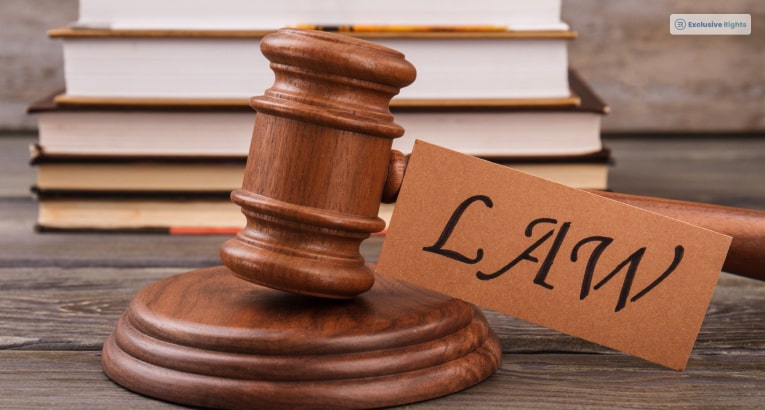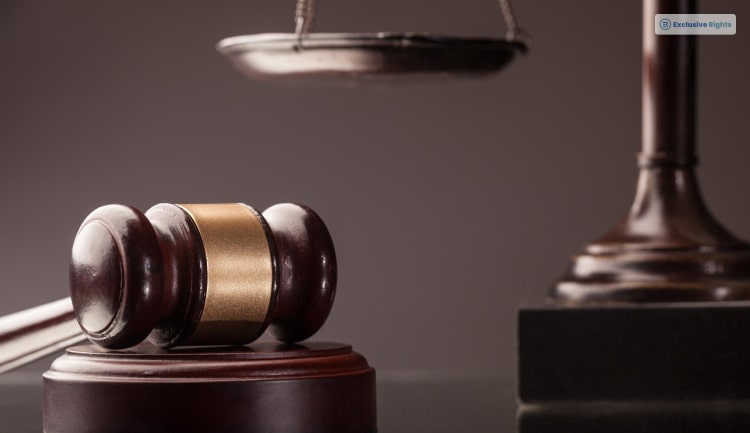
Table Of Contents
All About Class Action Settlements: A Comprehensive Guide
Remember when Volkswagen got caught cheating on emission tests back in 2016? They had to pay a whopping $15 billion! They had tried their best to sneak past the environmental watchdogs but got caught with their exhaust pipes smoking. The settlement helped affected car owners and supported green initiatives.
The Tobacco Master Settlement Agreement took place in 1998. The tobacco companies had to dig deep into their pockets and pay up a massive sum of $206 billion! They were finally forced to admit that smoking isn’t as cool as it looks in the movies. The settlement aimed to compensate states for smoking-related healthcare costs and put a muzzle on those catchy but misleading cigarette ads.
What Is Class Action Settlements?

A class action settlement is a legal resolution that occurs when a group of individuals who have similar claims against a defendant agree to collectively settle their claims, rather than pursuing separate individual lawsuits. This type of settlement is often used when a large number of people have been affected by the same alleged wrongdoing, such as product defects, consumer fraud, securities fraud, employment disputes, environmental damage, and more.
In a class action lawsuit, one or more plaintiffs, referred to as the “class representatives,” initiate legal action on behalf of themselves and others who have suffered similar harm. The class representatives and their legal team must show that the case meets certain criteria to be certified as a class action, including common questions of law or fact among the members of the class, and that a class action is the most efficient way to handle the claims.
Once a class action is certified, the parties involved (the plaintiffs and the defendant) may negotiate a settlement to resolve the claims. This settlement could include monetary compensation, injunctive relief (such as changes in business practices), or a combination of both. The settlement terms are typically subject to court approval. The court will assess whether the settlement is fair, reasonable, and adequate for the class members. If the court approves the settlement, class members generally have the opportunity to opt out of the settlement if they wish to pursue their claims individually. If they do not opt out, they are bound by the terms of the settlement and give up their right to sue the defendant separately for the same claims.
Class action settlements can provide several benefits, including efficiency in resolving numerous claims at once, ensuring fair compensation for all class members, and holding defendants accountable for their actions. However, they also have their criticisms, such as potential for unequal distribution of settlement funds among class members and concerns about attorneys’ fees.
It’s important to note that laws and regulations governing class actions may vary by jurisdiction, so the specifics of how class action settlements are handled can differ depending on the legal system in place.
What Happens To Unclaimed Money In Class Action Settlements?

Sometimes not everyone claims their share of the money. There can be different reasons like some people not filing claims or being hard to find. So, what happens to that leftover money?
It depends on the settlement. In some cases, the unclaimed funds are divided among those who did file claims. It’s like a bonus surprise for them! In other cases, the money goes to a charity or organization that supports the goals of the settlement. They call this “cy pres”. And in some situations, the money goes back to the defendant.
So, that’s what happens to unclaimed class action settlement money?
It either goes to those who filed claims, to a good cause, or back to the defendant, depending on what the settlement agreement says.
What are Open class action settlements?

These settlements are like inclusive parties where eligible people are automatically included without needing to do anything extra. It’s a convenient way for those who meet certain requirements to be part of the settlement.
For example, let’s say there’s a class action lawsuit against a company that sold faulty smartphones. The court approves an open class action settlement, meaning anyone who bought one of those phones is automatically part of the class and can receive compensation. They don’t have to fill out forms or take any additional steps.
So, imagine you bought one of those phones. You’re automatically considered part of the settlement and can receive your share of the compensation without jumping through hoops. It’s a straightforward process that ensures everyone who qualifies gets their fair share without any extra hassle.
What Are Some Largest Class Action Settlements With No Proof Of Purchase?

Here are some of the largest class action settlements where individuals did not need to provide proof of purchase!
Volkswagen “Dieselgate” Settlement:
In 2016, Volkswagen reached a settlement of approximately $14.7 billion for its use of deceptive software in diesel vehicles. Eligible vehicle owners were able to receive compensation without having to provide proof of purchase.
Bank of America Mortgage-Backed Securities Settlement:
In 2014, Bank of America settled for $8.5 billion over allegations of misrepresenting the quality of mortgage-backed securities. Class members who suffered financial losses were able to participate in the settlement without having to provide proof of purchase.
Wells Fargo Unauthorized Accounts Settlement:
In 2018, Wells Fargo settled for $480 million due to the creation of unauthorized customer accounts. Eligible class members were able to receive compensation without the need for proof of purchase.
It’s important to note that the specific requirements for participation in these settlements may vary, and individuals should review the terms of each settlement to determine eligibility and any documentation requirements.
You can find all the details in the settlement agreement, which gets approved by the court. If you don’t agree with how the unclaimed funds are being handled, you can speak up and object. Just follow the instructions on the settlement administrator’s website or in the settlement agreement.
Benefits of Class action lawsuits
When many people with similar complaints join together, they become stronger and can take on big companies or organizations.
- Instead of each person filing their own lawsuit, class actions combine all the cases into one. This makes it faster and cheaper for everyone involved.
- Class actions make it possible for people who couldn’t afford to fight alone to have their voices heard and seek compensation.
- If many people were harmed, a class action could make sure they all get fair compensation for their losses.
- Class actions can bring attention to problems and force changes in laws or practices. They hold wrongdoers accountable and protect consumers.
So, class action lawsuits bring people together, save time and money, help everyone access justice, ensure fair compensation, and make things better for everyone involved.
Read More:









